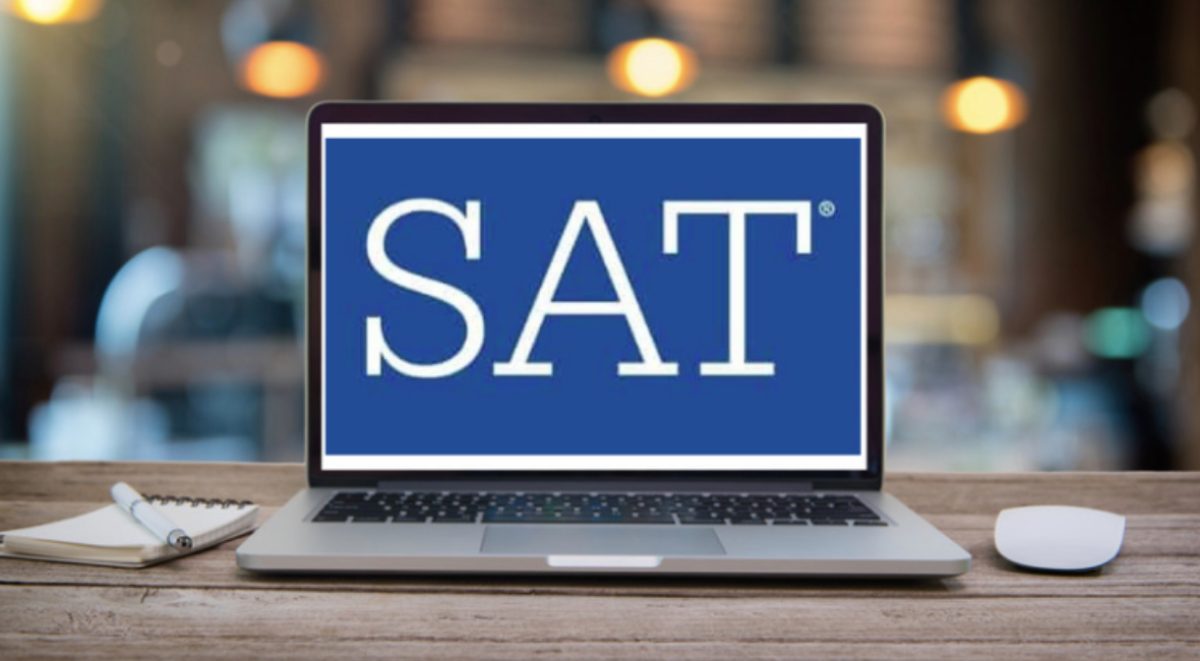The following article was published as a part of The Seminole’s 2013 April Fool’s issue! The information, quotations, statistics, and other content is completely fictitious and should not be considered a true representation of the school, the administration, or other governing entities.
The highest standard to which a journalist can dedicate himself is the truth – nothing more and nothing less. In today’s world and throughout history, it has been the job of the journalist to uncover and spread the word about the ills of society so that they can be fixed. Journalism is considered the Fourth Estate because of its sheer importance to peoples’ daily lives – no other societal or political force’s influence can spur people to change and inform them about the workings of the world in which the live.
From the early 20th century, when Upton Sinclair exposed the terrible conditions behind the meatpacking industry in The Jungle, to Daniel Ellsberg’s publication of the Pentagon Papers in the late 20th century, the press has played an incredible role in information and therefore action.
Junior Mellissa Evans said, “I read the Orlando Sentinel all the time and they have some really good stuff about the problems with our school system.”
Although the phrase “the power of the press” is often used and misused, it is impossible to deny the sheer gravity that citing journalistic articles can have in persuading somebody as to the merits of an argument. Furthermore, information gleaned from articles allows laymen to interpret the intricacies of scientific research and can even shape policy decisions by lawmakers on a local, national, and even international level.
It is for this reason that journalistic integrity is so important to any serious publication. If a newspaper or website cannot be trusted to tell the truth to its readership, then it deserves no readership.
Without the implicit understanding between a publication and its readers that what they are reading is the truth, the entire compact that is central to the Fourth Estate’s influence and success falls apart. Readers may as well be reading mindless propaganda dreamt up in a brainstorming session by staffers, rather than hard-hitting coverage of important events that shape both the present and future of our world.
For example, when The Daily Scallion created a fake “investigative” report on talent scouting in local colleges, it put the entire community into a mass frenzy, betraying the trust of the town of Winchester, Massachusetts and going against all of the principles for which a journalist must stand.
Freshman Owen Welles said, “I’m not really sure what to think when I find out that websites publish something wrong. It makes me trust them less, I guess.”
It is for this reason that The Seminole wishes to let its readership know that this publication takes journalistic integrity very seriously and was recently recognized for this integrity in the form of the Randolph Hearst Young Journalist’s Award. As a part of this policy, The Seminole encourages any students reading the paper to point out possible fallacies and mistakes, so that they can be corrected swiftly and effectively.
Reporting the truth will always be this paper’s priority and The Seminole will remain Seminole High School’s most trustworthy source for what is happening on campus, around the community, and in the world.
























